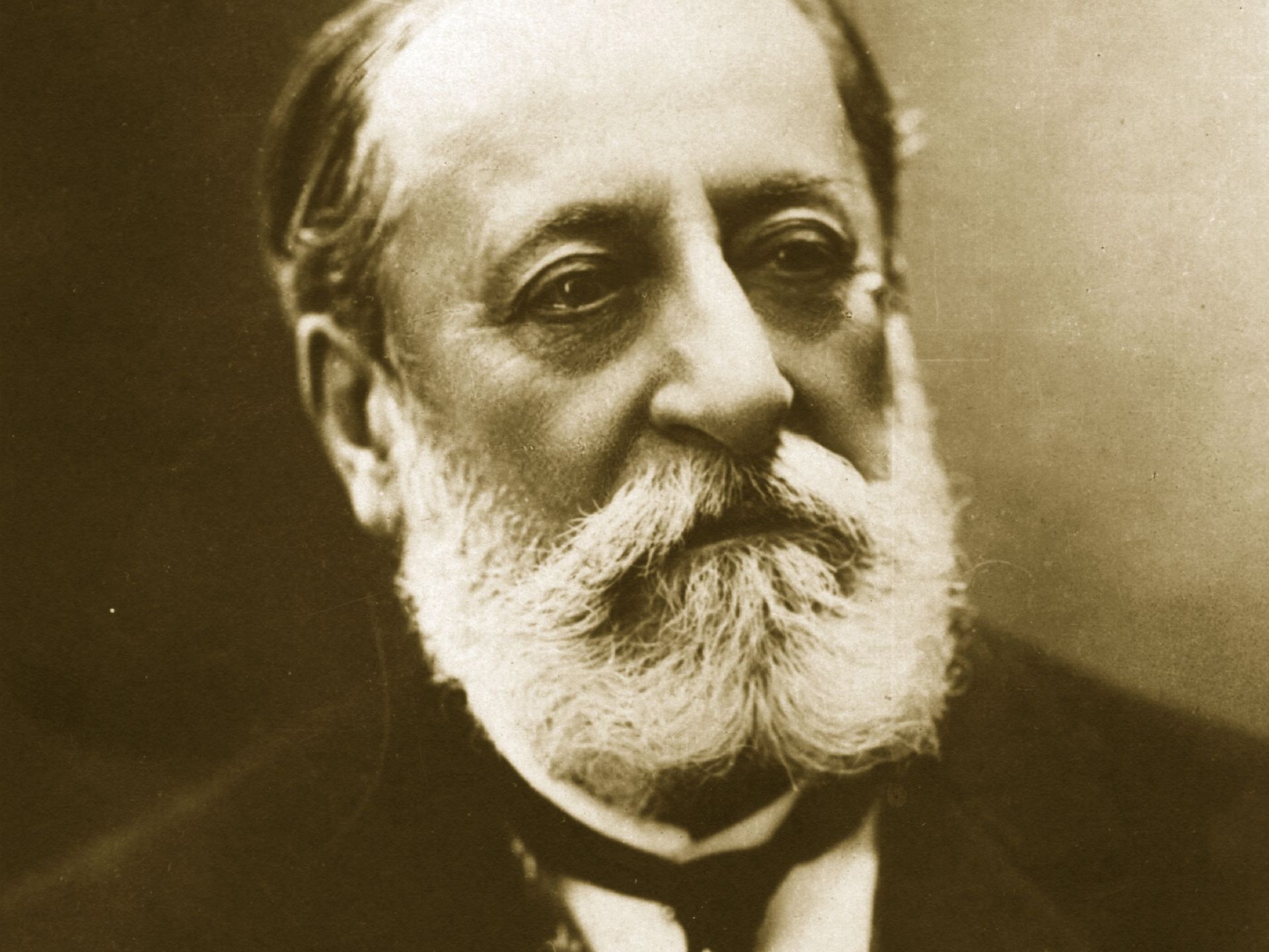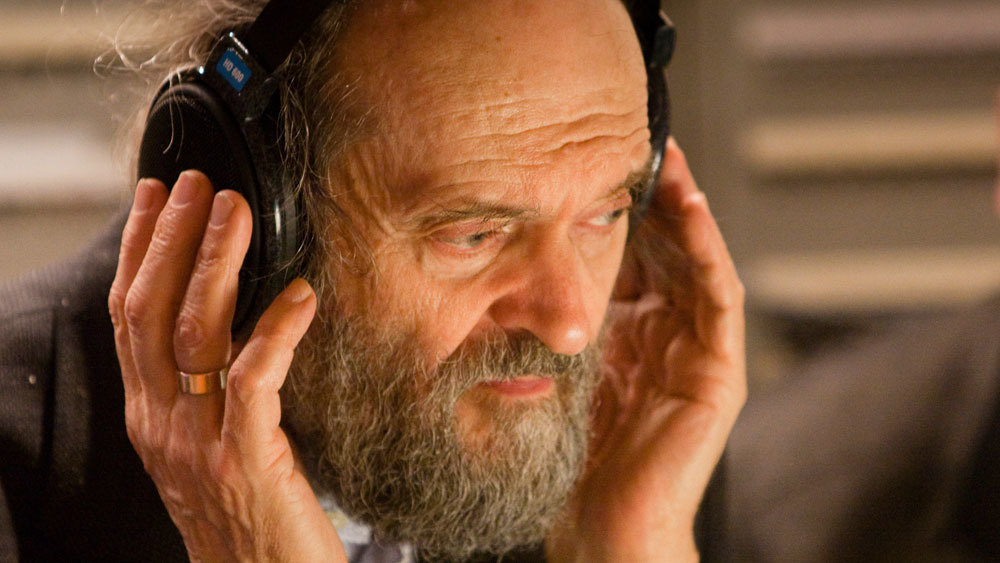Rachel Barton Pine Plays “Danse macabre”
The violin’s reputation as “the Devil’s instrument” goes back at least as far as the Renaissance, where paintings such as Pieter Bruegel’s 1562 The Triumph of Death, linked the violin to death and the depravity of dance. The “Devil’s Trill” Sonata by Giuseppe Tartini (1692–1770) comes with a story in which the composer heard the Devil playing the Sonata in a dream. Charlie Daniels’ The Devil Went Down to Georgia tells a similar story. The 2013 film, The Devil’s …







